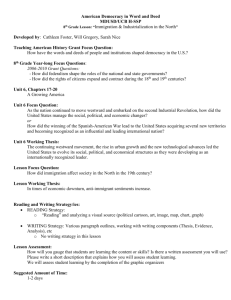U1.7b political_cartoon_analysis assignment
advertisement
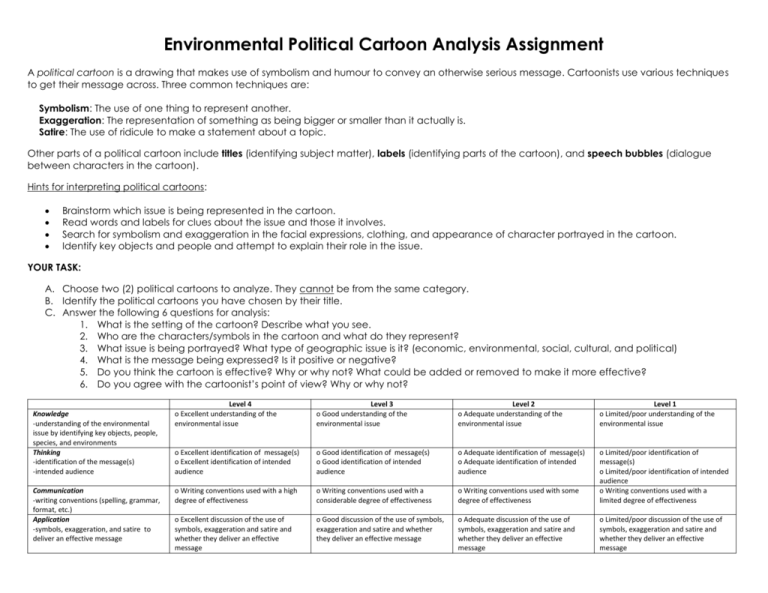
Environmental Political Cartoon Analysis Assignment A political cartoon is a drawing that makes use of symbolism and humour to convey an otherwise serious message. Cartoonists use various techniques to get their message across. Three common techniques are: Symbolism: The use of one thing to represent another. Exaggeration: The representation of something as being bigger or smaller than it actually is. Satire: The use of ridicule to make a statement about a topic. Other parts of a political cartoon include titles (identifying subject matter), labels (identifying parts of the cartoon), and speech bubbles (dialogue between characters in the cartoon). Hints for interpreting political cartoons: Brainstorm which issue is being represented in the cartoon. Read words and labels for clues about the issue and those it involves. Search for symbolism and exaggeration in the facial expressions, clothing, and appearance of character portrayed in the cartoon. Identify key objects and people and attempt to explain their role in the issue. YOUR TASK: A. Choose two (2) political cartoons to analyze. They cannot be from the same category. B. Identify the political cartoons you have chosen by their title. C. Answer the following 6 questions for analysis: 1. What is the setting of the cartoon? Describe what you see. 2. Who are the characters/symbols in the cartoon and what do they represent? 3. What issue is being portrayed? What type of geographic issue is it? (economic, environmental, social, cultural, and political) 4. What is the message being expressed? Is it positive or negative? 5. Do you think the cartoon is effective? Why or why not? What could be added or removed to make it more effective? 6. Do you agree with the cartoonist’s point of view? Why or why not? Knowledge -understanding of the environmental issue by identifying key objects, people, species, and environments Thinking -identification of the message(s) -intended audience Communication -writing conventions (spelling, grammar, format, etc.) Application -symbols, exaggeration, and satire to deliver an effective message Level 4 o Excellent understanding of the environmental issue Level 3 o Good understanding of the environmental issue Level 2 o Adequate understanding of the environmental issue Level 1 o Limited/poor understanding of the environmental issue o Excellent identification of message(s) o Excellent identification of intended audience o Good identification of message(s) o Good identification of intended audience o Adequate identification of message(s) o Adequate identification of intended audience o Writing conventions used with a high degree of effectiveness o Writing conventions used with a considerable degree of effectiveness o Writing conventions used with some degree of effectiveness o Limited/poor identification of message(s) o Limited/poor identification of intended audience o Writing conventions used with a limited degree of effectiveness o Excellent discussion of the use of symbols, exaggeration and satire and whether they deliver an effective message o Good discussion of the use of symbols, exaggeration and satire and whether they deliver an effective message o Adequate discussion of the use of symbols, exaggeration and satire and whether they deliver an effective message o Limited/poor discussion of the use of symbols, exaggeration and satire and whether they deliver an effective message EARTH DAY “Polar Bear Earth Day” “Earth Day vs. Other Days” NATURAL RESOURCES “Price of Oil” “Green Jobs” PEOPLE “Environmentalist Idiots” “Save Our Planet” GLOBAL WARMING/CLIMATE CHANGE “Global Warming Cooker” “Dithering on Climate Change”
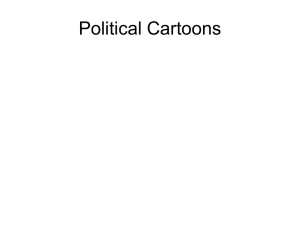
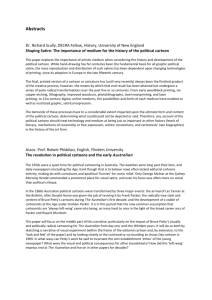
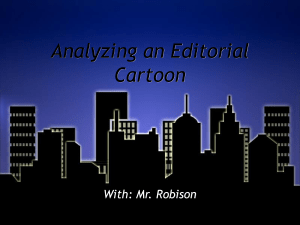
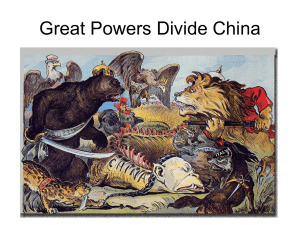
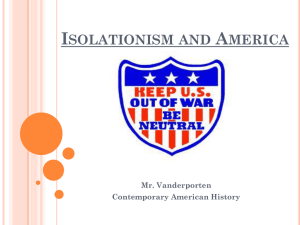
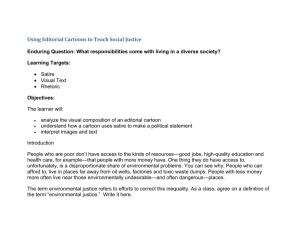
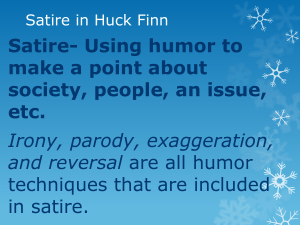
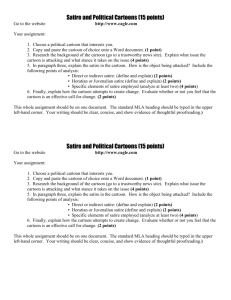

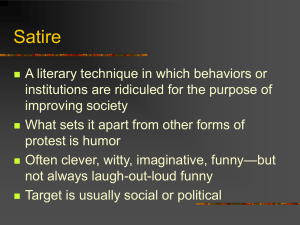
![Phrasal Verbs in Cartoons[2]](http://s2.studylib.net/store/data/005310718_1-897d1a57ddfabbe64c60ba43d0222e3b-300x300.png)
